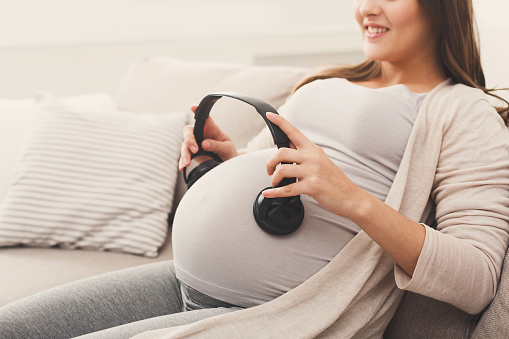The authors of the study played nearly 30 songs from three different musical styles.

A study carried out by Spanish researchers shows that we begin to develop our musical preferences prior to birth.
While it’s long been known that babies in the womb are sensitive to music, scientists from the Institut Marquès in Barcelona, Spain have taken the experiments further in order to determine whether there are musical genres to which babies are particularly attuned to prior to birth.
Presented on Monday at the 29th World Congress on Ultrasound in Obstetrics and Gynaecology (ISUOG) in Berlin, the study showed that babies in the womb show a strong preference for composers like Mozart and Beethoven and traditionally African sounds — with one exception, the song Bohemian Rhapsody by Queen.
The researchers relied on movements of the mouth and tongue in order to identify stimulation created by the music. A specially designed speaker was used to emit sound to 300 foetuses between the 18th and 38th weeks of gestation.

Picture: iStock
The authors of the study played nearly 30 songs from three different musical styles: classical (Mozart, Beethoven), African traditional music (singing, drums), and pop (Shakira, Queen).
According to Dr Marisa López-Teijón, director of the Institut Marquès, the foetuses preferred melodies that have stood the test of time, whether a Mozart serenade or the ancient sounds of African drums.
For example, Mozart’s A Little Night Music K. 525 provoked movements of the mouth and tongue in 91% of foetuses past the sixth month of development.
At the Institut Marquès, in-utero sound perception is subject to much research. The centre now plans to analyse the reaction of foetuses to the sound of their parents’ favourite soccer team anthems.
For more news your way, download The Citizen’s app for iOS and Android.
Support Local Journalism
Add The Citizen as a Preferred Source on Google and follow us on Google News to see more of our trusted reporting in Google News and Top Stories.






